‘Kasturi’ stands out as a film that transcends the usual Bollywood clichés, offering a compelling narrative that resonates with authenticity. The director's lucid portrayal of the struggles faced by the marginalized, coupled with the restraint in storytelling, makes it a must-watch for audiences seeking a profound cinematic experience.
In a recent interview organized by Sadhana, the director of the bilingual movie ‘Kasturi’ Mr. Vinod Kamble, provided illuminating insights into the making of the film. Intrigued by the suggestion of Sadhana's editor, Mr. Vinod Shirsath, I decided to give the film a chance. Released on December 8th in Maharashtra and parts of India, ‘Kasturi’ unfolds its narrative in the Barshi district of Solapur which is based on a true story.
The film opens with a powerful scene, thrusting the audience into the harsh reality of a 14-year-old boy named Gopi cleaning a dirty toilet. The discomfort is palpable, and the film's ability to evoke raw emotions becomes immediately evident. Watching with a friend, he couldn't help but turn away, setting the tone for a movie that doesn't shy away from confronting life's harsh truths. Gopi, however, is not defined by his circumstances alone; he is a diligent student, excelling particularly in Sanskrit.
Gopi's living conditions stand in a one-room dwelling made of metal sheets housing four individuals: Gopi, his mother, father, and grandmother. The kitchen occupies a small corner, and a tiny shrine in another corner serves as the sacred space for his grandmother's prayers. The family's daily routine includes cleaning dirty toilets and safety tanks, with Gopi's mother urging him to accompany his father to perform postmortems.
The film sheds light on the harsh reality of poverty, portraying a 14-year-old assisting his alcoholic father in conducting postmortems. The scenes are poignant and reflect the struggles of individuals grappling with dire circumstances. The use of Eucalyptus oil to mask the pungent odor becomes a recurring motif, underscoring the challenges faced by these characters.
Gopi's friendship with Adim, whose family is involved in the meat business, provides a touch of sweetness amidst the harsh narrative. Their camaraderie is subtle, devoid of exaggerated emotions, and is symbolized by the shared use of Attar, an aromatic essential oil. Adim's uncles sell Attar, and the friends divide their purchases, emphasizing the simplicity and understanding that defines their relationship.
The film takes a grim turn when Gopi's father fails to properly bury a body, resulting in a gruesome incident where the body is eaten by dogs. The negligence leads to the father's dismissal from the hospital, with Gopi's mother pleading for his reinstatement. The conditions imposed for his return, however, cast a shadow over Gopi's future as he is required to perform postmortems and work full-time.
Despite the hardships, Gopi excels in his studies, winning a Sanskrit essay competition. His dedication to education becomes a source of conflict within his family, as his mother, frustrated with the challenges of running the household, tears his books. Gopi's classmates react with disdain, covering their noses in his presence. 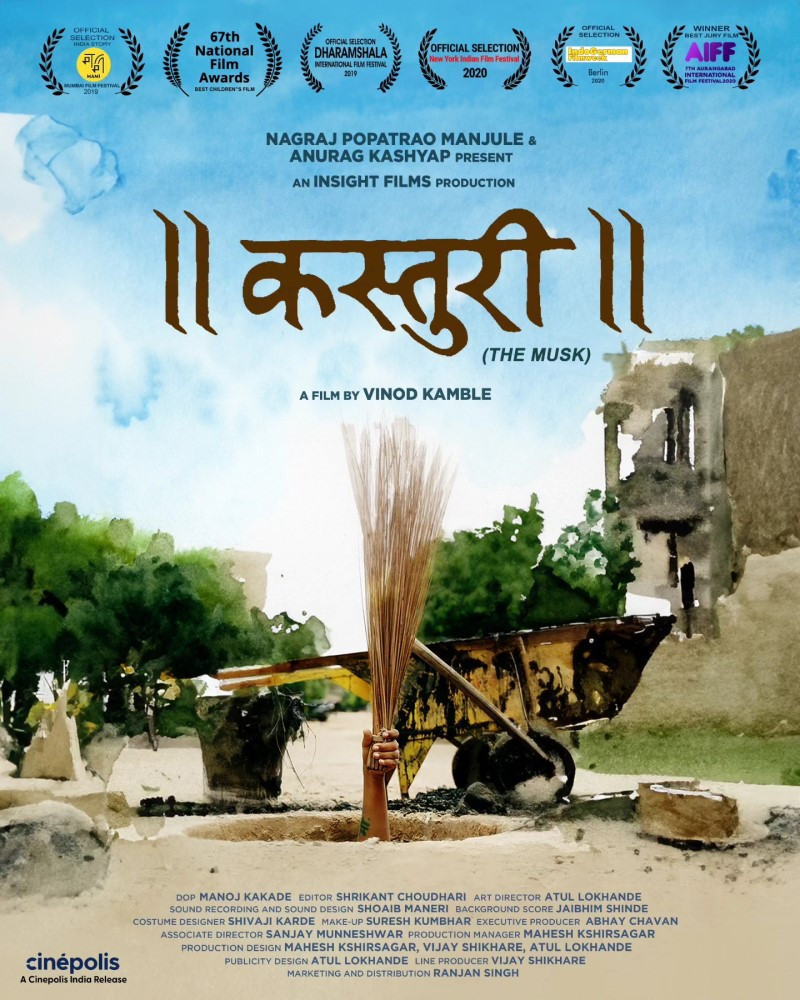
Amidst the struggles, Gopi finds solace in attending bhajanas with his grandmother, where he learns about ‘Kasturi’ or musk. This knowledge becomes a driving force as Gopi and Adim embark on a mission to obtain Kasturi to mask the odors associated with their work. The arduous journey to collect 3000 rupees for the purchase is a testament to the strength of their friendship and the lengths they are willing to go to improve their lives.
The film does not rely on emotional melodrama or overtly attempt to convey a specific message. Instead, it presents a realistic portrayal of life's hardships and the societal prejudices deeply rooted in socio-religious norms. The authenticity of the narrative is maintained throughout, making it a powerful and thought-provoking cinematic experience.
In the climax, Gopi faces a dilemma when he is scheduled to receive a prize for his Sanskrit essay on the same day, he is required to work in a health camp at the hospital. His friend Adim, understanding the importance of the event, waits for Gopi and later presents him with the prize. The juxtaposition of Gopi's academic achievements with the harsh reality of his daily life is a poignant reflection on the disparities in society.
The concluding scene is a poignant reminder of the sacrifices made for education. Gopi, walking towards school with his bag, discards the Attar gifted by Adim into the gutter. He realizes that true ‘Kasturi’ is education—a powerful statement on the transformative potential of learning in breaking the chains of poverty and societal expectations.
‘Kasturi’ stands out as a film that transcends the usual Bollywood clichés, offering a compelling narrative that resonates with authenticity. The director's lucid portrayal of the struggles faced by the marginalized, coupled with the restraint in storytelling, makes it a must-watch for audiences seeking a profound cinematic experience.
In a landscape often dominated by formulaic plots and exaggerated emotions, ‘Kasturi’ emerges as a breath of fresh air, capturing the essence of life's struggles without succumbing to melodrama. As the credits roll, the audience is left with a lingering contemplation on the power of friendship, the resilience of the human spirit, and the transformative potential of education. In a world where reality is often overshadowed by cinematic spectacle, ‘Kasturi’ serves as a poignant reminder that true beauty lies in the authenticity of the human experience.
- Meghana Kavale
meghanak150@gmail.com
An interview with the director of 'Kasturi' by the editor of 'Sadhana'
Tags: kasturi vinod kamble vinod shirsath interview cinema bilingual film sadhana digital मुलाखत सिनेमा मराठी चित्रपट कस्तुरी Load More Tags

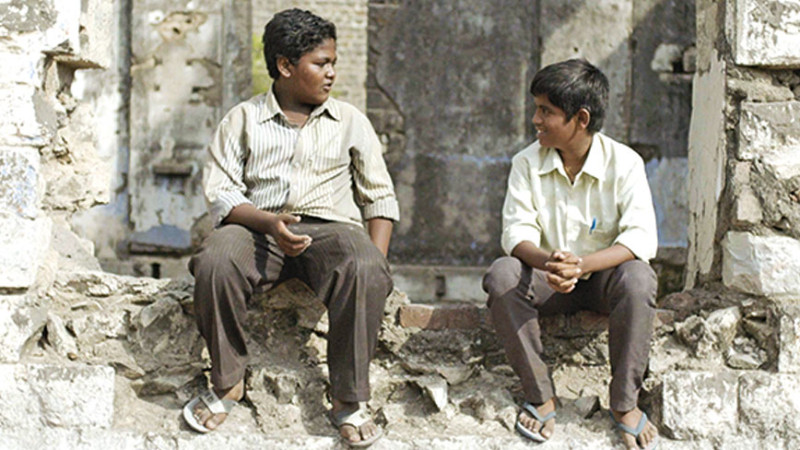
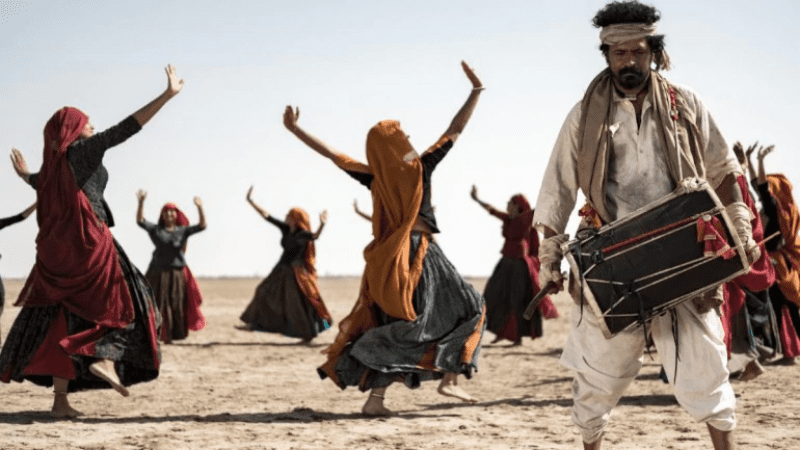
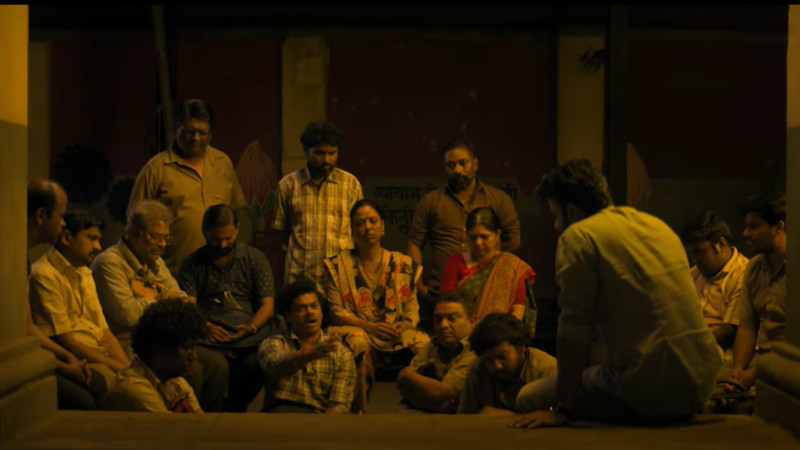
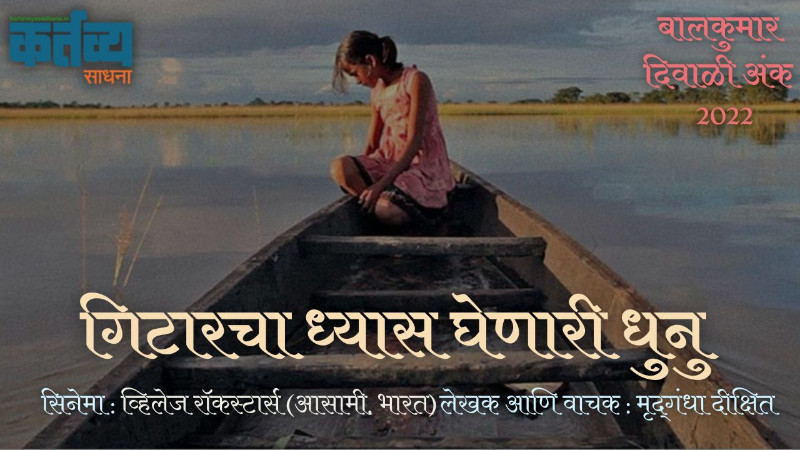
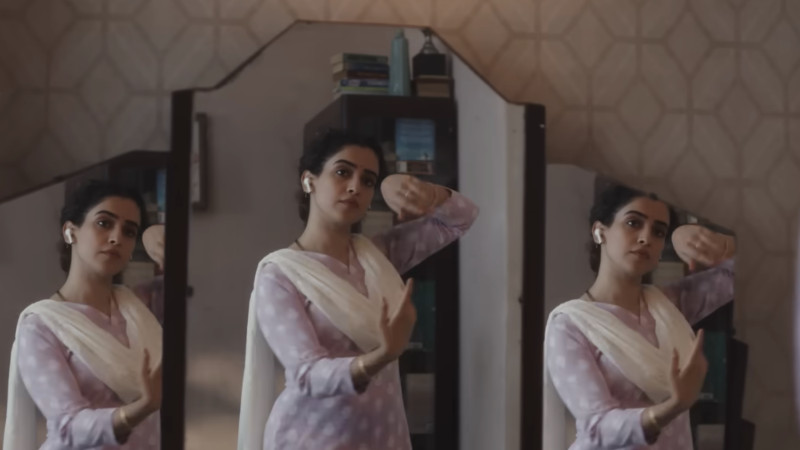


























Add Comment